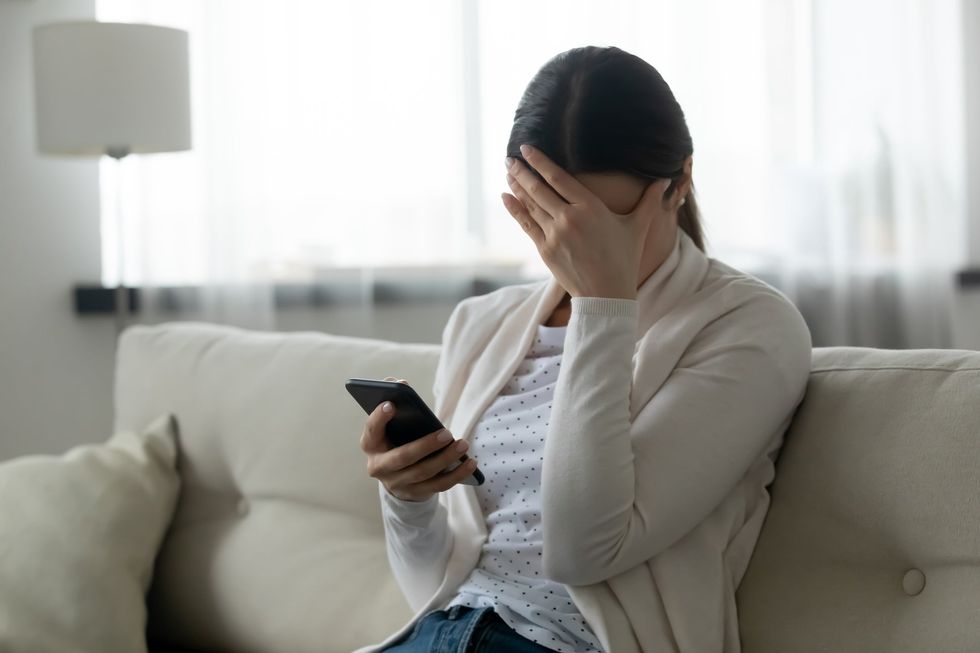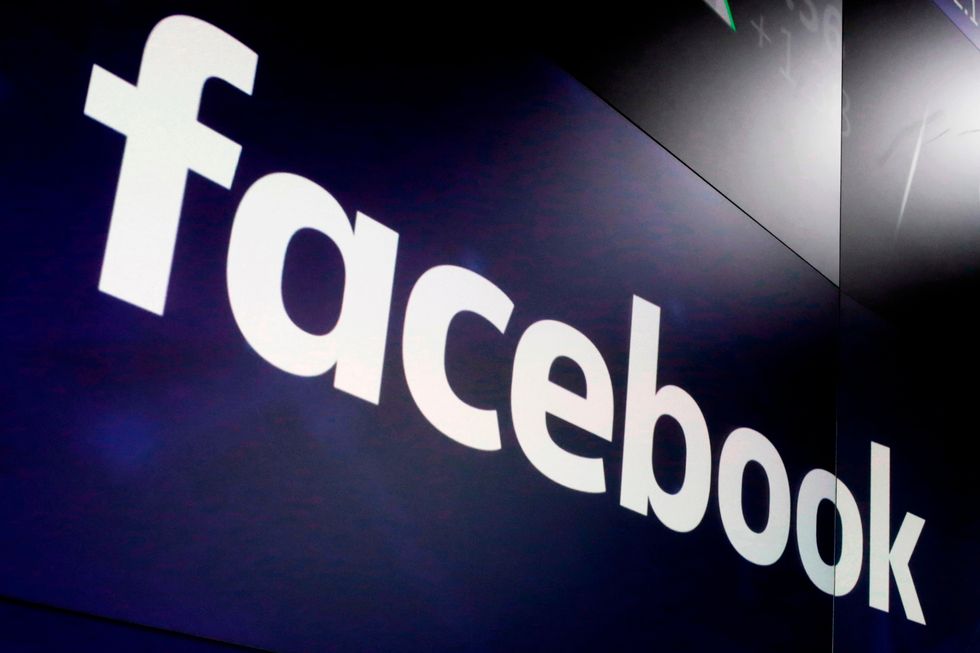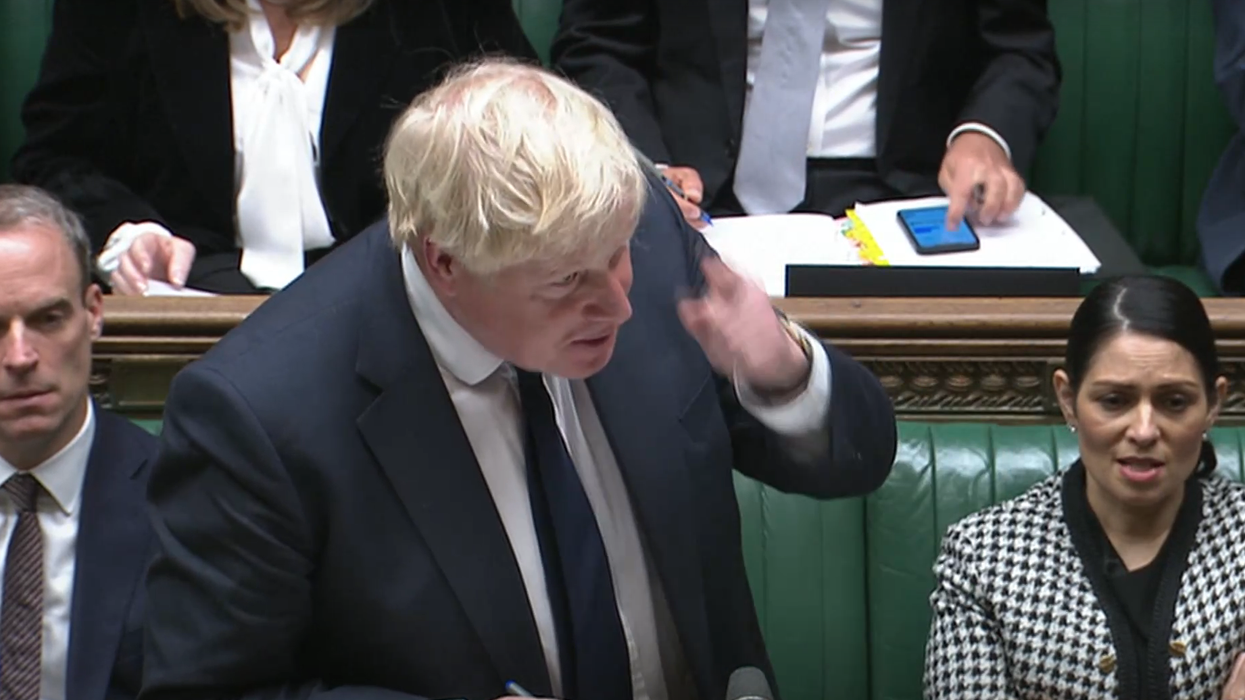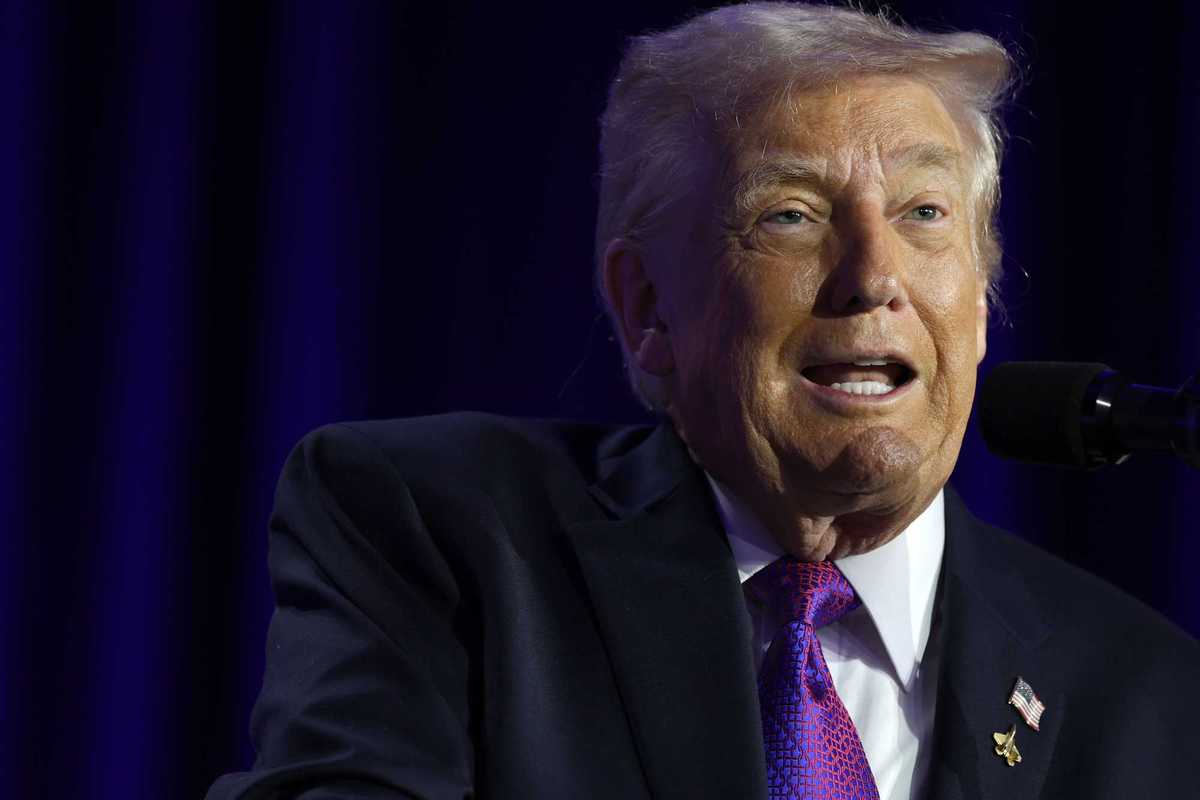News
Kate Plummer
Oct 20, 2021
Boris Johnson has today promised to present the online safety bill to parliament before Christmas.
During a sombre edition of PMQs, which followed the killing of Sir David Amess, Keir Starmer urged the PM to work collaboratively in clamping down on web-based extremism and to push the second reading of the bill forward to before the end of the year.
If passed, the bill will radically change the regulation of content posted on social media. So what does it involve?
When did the online harms bill originate and why?
The bill, also known as the online harms bill was first mooted in 2019 while Theresa May (remember her?) was the Prime Minister, to put pressure on social media companies to follow good practice.
Two years passed and the draft bill was published in May 2021.
What measures does the bill suggest?

A broad and hefty piece of policy, the bill seeks to protect people from a number of online harms.
It wishes to shield children from a number of potential dangers online including grooming, revenge porn, hate speech, images of child abuse and posts relating to suicide and eating disorders.
Meanwhile, it also seeks to tackle terrorism, disinformation, racist abuse, both to stop the spread of hateful content and to stop content that could radicalise viewers.
It places restrictions on pornography and even online scams like “romance fraud” - that’s catfishing to you or I - and other material that is legal but considered harmful.
Technology companies will also be required to protect their users’ rights to freedom of expression and privacy.
Legal but harmful “activity can range from online bullying and abuse, to advocacy of self-harm, to spreading disinformation and misinformation,” the government explained in a note accompanying the draft.
“Whilst this behaviour may fall short of amounting to a criminal offence, it can have corrosive and damaging effects, creating toxic online environments and negatively impacting users’ ability to express themselves online.”
What will happen to companies that break the rules?

Ofcom was suggested as the regulator that would apply the standards that huge companies like Facebook would follow and they will be asked to make codes for companies to comply to. Companies themselves will also have to set out the work they are doing to comply with the guidance in their terms and conditions and users will also be able to appeal to Ofcom.
Ofcom will be able to issue fines of up to £18m or 10 per cent of global turnover, whichever is higher, if firms fail to comply with the new rules.
It will also have the power to block access to sites in the UK, the government said.
What else could it involve?
During PMQs today, Starmer said the bill should include a commitment to possible criminal sanctions against tech company bosses who do not do enough to remove harmful or illegal content. The prime minister appeared to agree with this request.
Others, including the late Amess, called for its expansion to stop anonymity online. Speaking in parliament this week, Mark Francois said the bill should be “toughened up”.
“While people in public life must remain open to legitimate criticism, they can no longer be vilified or their families subject to the most horrendous abuse, especially from people who hide behind a cloak of anonymity with the connivance of the social media companies for profit”.
What do people make of it?
Some people welcomed it and have continued to argue it will help online abuse in a number of ways.
Dr Alex George, the UK Government’s Youth Mental Health Ambassador, said: “This is a landmark moment here in the UK. The problem of online abuse has escalated into a real epidemic which is affecting people physically as well as psychologically and it is time that something is done.”
But while the bill contains provisions to protect free speech and political expression, including by ensuring content is analysed within its context, some campaigners have criticised it on freedom of speech grounds.”
Jim Killock, executive director of the Open Rights Group, warned the idea that speech was “inherently harmful” and needed to be controlled by private companies was “very dangerous”.
And Tory MP David Davis called it a “censor’s charter” and warned it was too broad and will have a “chilling effect” on free speech.
Others criticised it on similar grounds:
Charity Carnegie Trust has warned that it will allow the government to politically influence Ofcom, while others believe it does not go far enough.
Tech entrepreneur Belinda Parmar said: “The ambition is great. The regulator is going to have teeth, but no codes of practice for non-legal harms have yet been published, and it is all very vague.”
Another point of contention is its rules for journalists. Content published by publications is exempt from the bill but some say the bill sets a precedent meaning journalistic content will be next, while others say journalists’ content should be examined for creating harm.
Top 100
The Conversation (0)














